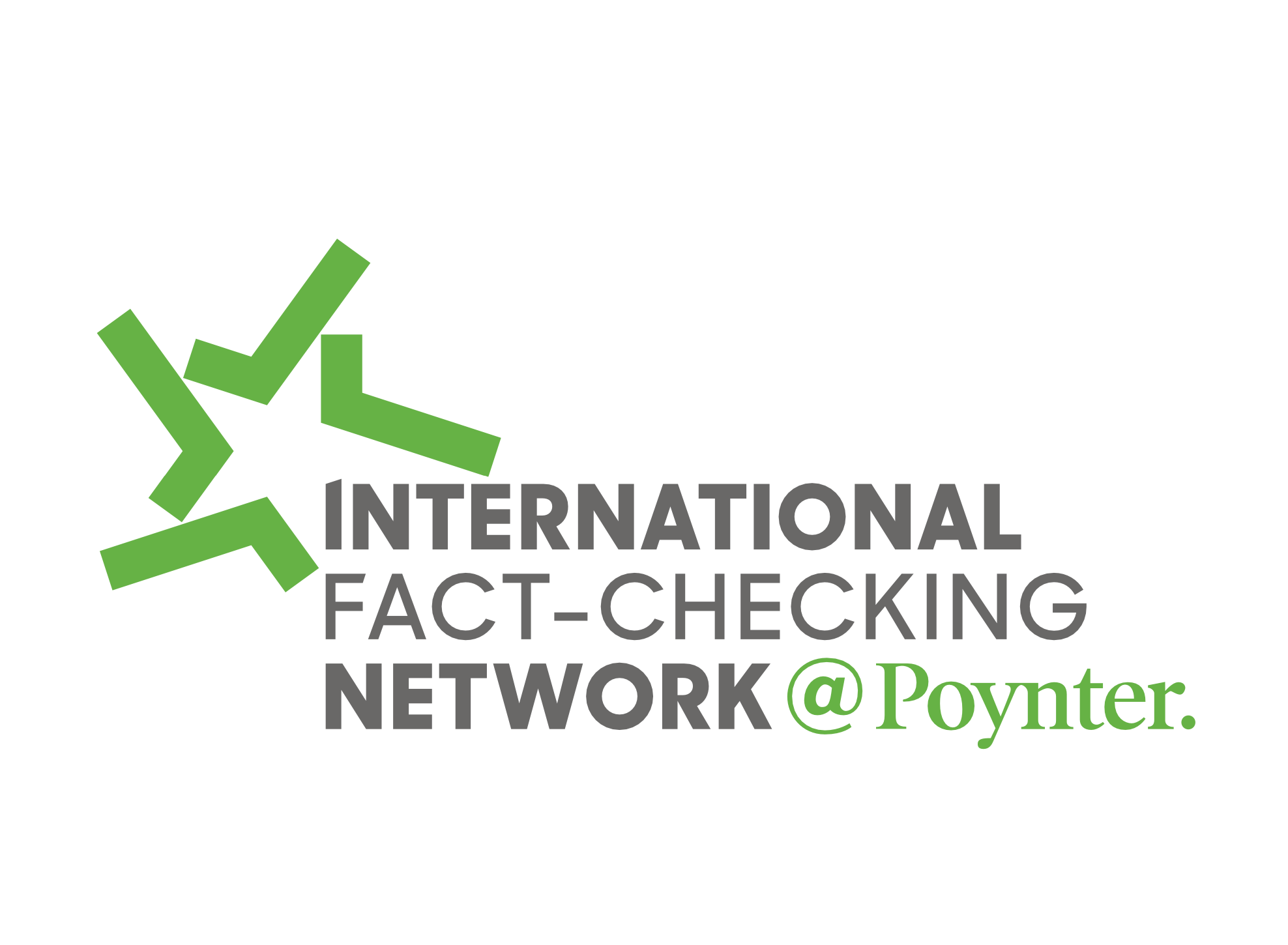Decades ago, NPR passed on pitches for “A Prairie Home Companion,” “This American Life” and “Marketplace.” A Minnesota-based company, PRI, developed and distributed them nationwide instead.
Decades later, another public radio company emerged focusing on web distribution. PRX developed and/or distributed podcasts, some of which — “Radiolab,” “The Moth Radio Hour,” “Snap Judgment” and “Reveal” — have become public radio staples in recent years.
Last week, the two public radio experimenters announced they would merge. While still behind NPR and American Public Media in broadcast public radio programming distribution, the merger positions the 35-year-old Public Radio International and the 15-year-old Public Radio Exchange to take advantage of the meteoric rise in podcasting and smart-streaming audiences.
“In some ways, PRX and PRI are like siblings born a generation apart,” says PRX’s Kerri Hoffman, the CEO of the new combined company. “In the early days of PRI, they were in the creative alternative-to-NPR business, and that’s where 'This American Life' grew up, and where 'Marketplace' grew up.”
PRX burst onto the scene with a desire to archive and “remix” public radio content. It pushed into podcasting and opened a “Podcast Garage” in the Boston neighborhood of Allston to expose, teach and develop more podcasting voices. One successful recent podcast, “Ear Hustle,” is produced inside California’s San Quentin State Prison.
The merger began with talks on distribution between Hoffman and PRI’s CEO, Alisa Miller, and just kept growing. Why not consolidate services and fees? “Alisa and I felt the same way,” Hoffman says. “Why compete when we don’t have to? It’s too expensive.”
Miller will move to become executive chair of the organization’s board during the first year of the merger.

The deal includes a $10 million investment by PRI’s parent company, public broadcasting giant WGBH (“Frontline,” “Nova,” “Masterpiece Theater”). Part of that money will help open another Podcast Garage in Washington, D.C., Hoffman says, and part will help strengthen "PRI’s The World," a weekday co-production with the BBC focusing on international issues.
Current, the news service that specializes in public media, referred to the merger as unusual, because it allows both divisions to keep their identities and broadcasting portfolios. It will be based in Boston, just blocks west from the Podcast Garage and north of WGBH’s headquarters. It also will have offices in Minneapolis and New York.
Hoffman says she won’t get bogged down in branding; each part of the combined company can help the other right away. There are back-office duties that can be consolidated, and each part of the company has expertise and channels to offer the other, she says.
Like what?
Hoffman says PRX-distributed weekly shows like "Reveal," produced by The Center for Investigative Reporting, may be able to contribute to "PRI's The World" or another PRI nationwide weekday co-production, "The Takeaway." PRX didn’t have this daily terrestrial broadcast exposure before.
The two companies also have each found success with different types of funders, she says; they can learn from each other. And PRX, with its Radiotopia and Radio Public partners, can pass along expertise from new audio frontiers.
“We have core that overlaps,” Hoffman says. “And that core is at the heart of the public radio system.”
(Disclosure: Your morning columnist learned this public radio lingo by working at PRI from 2014 to 2016).
Quick hits
AFTER EDITORIALS: The push last week by more than 400 news outlets, editorializing to preserve America's free press, is a start, writes Margaret Sullivan. Now, what's needed is more collaboration of reporting muscle across companies to tackle tough issues — and vigorous union among publishers to push back on tech giants.
TEN HUT: Its editor quit to protest what he called the CEO’s interference to placate conservative critics. What is up at the military-themed Task & Purpose site?
DESERT BLOOM: Ken Layne decided to start a radio show in the sparse, scorching town of Joshua Tree, California. It became the magazine Desert Oracle. How Lange has coaxed a business from scarcity, aiming for the “intentional desert residents” who come looking for beauty and peace — and find UFO sightings, walkabouts and religious awakenings. Via Max Genecov in the Pacific Standard.
DENIED: The German broadcaster ZDF came up with a novel way of interviewing a far-right politician — not asking a single red-meat question on refugees. The interview, in which the lawmaker struggled, dealt with questions on climate change, retirements and digital change. By Emily Schultheis.
QUOTE OF A LIFETIME: New York Times Executive Editor Dean Baquet wants this quote he got in his obituary. Baquet was a kid reporter in his hometown of New Orleans when he met up with Edwin "The Silver Zipper" Edwards and asked the Louisiana gubernatorial candidate's reaction to a poll that said he had a healthy lead. "The only way I lose this election," Edwards told him, "is if I'm caught in bed with a dead girl or a live boy." Baquet recounted the origins of that quote to David Axelrod and Washington Post Executive Editor Marty Baron on Axelrod's podcast (58-minute mark).
On Poynter.org
-
What we learned about news literacy from teaching teens fact-checking. By Allison Graves and Hiwot Hailu.
-
Front pages pay tribute to Aretha Franklin. By Kristen Hare.
Want to get this briefing in your inbox every weekday morning? Sign up here.
Got a tip, a link, a suggestion? We’re trying to make this roundup better every day. Please email me at dbeard@poynter.org or reach me @dabeard.
Have a great Monday.






